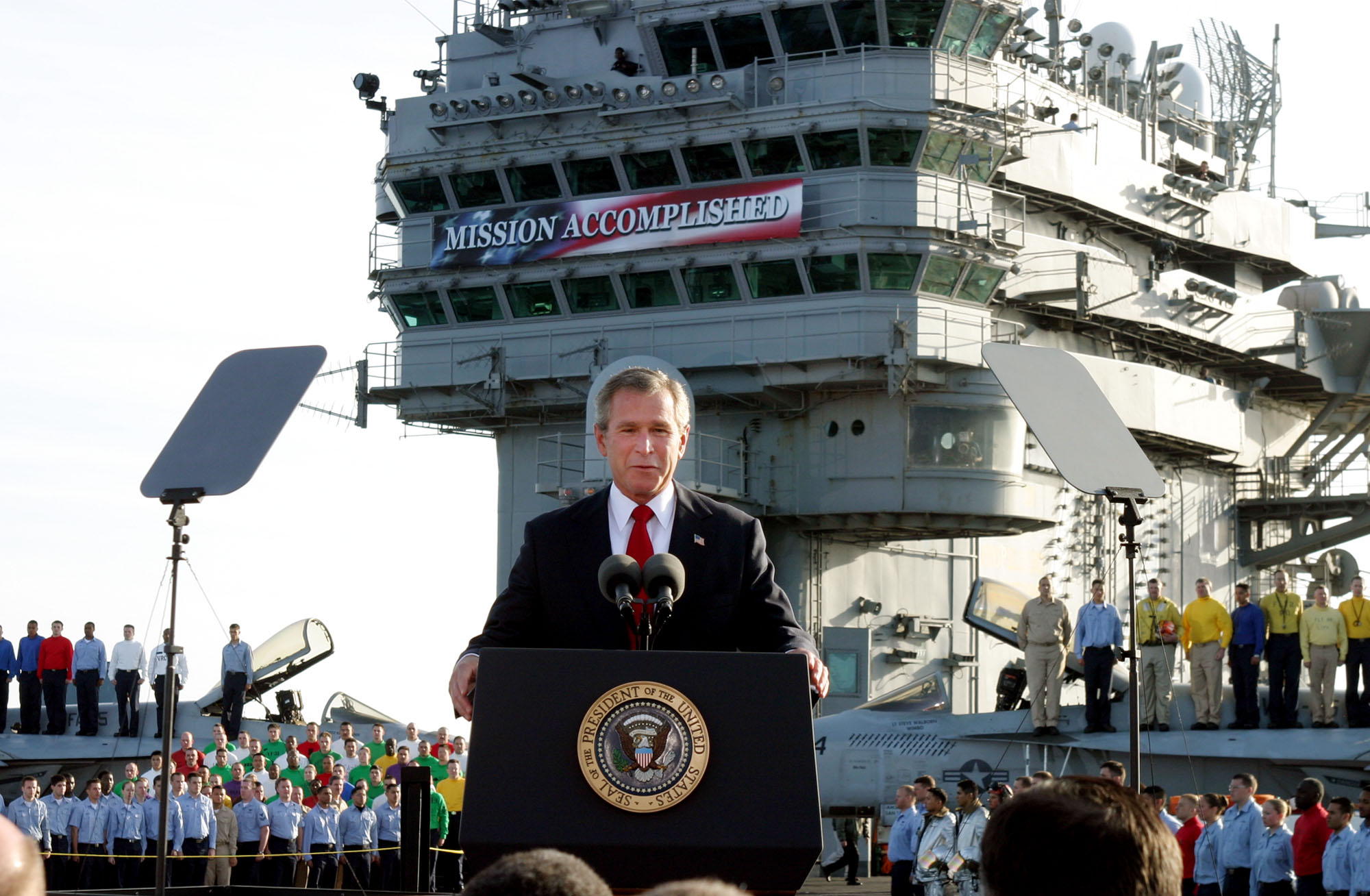
In addition to being a box office hit, The Dark Knight is, in fact, a subtle allegory of the United States’ ‘war on terror’ following the tragic events that unfolded on September 11, 2001. Parallels drawn between Gotham City and post-9/11 America attempt to portray the film as a critique of the Bush administration’s counter-terrorism policies, particularly in terms of political attitude.
The spotlight of this examination is on Harvey Dent, Gotham City’s emerging District Attorney, as his path and fall from glory prove to be a successful metaphorical embodiment of US policies adopted after 9/11, specifically when dealing with terror suspects. The dramatic transformation in his portrayal from a beacon of justice to a chaotic criminal allows Christopher Nolan, the director, to involve the viewers in a sympathetic relationship with Dent. Tacitly, however, the viewers acknowledge the illegality of Dent’s actions, thereby actively questioning their own moral code and reality.
Dent is initially presented as the ‘white knight of Gotham’, a charismatic public figure who is well known for his strict stance against corruption. Despite gaining that reputation, Dent exceeds his legal boundaries on several occasions throughout the film. When the Joker names Dent’s fiancée as his next victim, Dent kidnaps one of his men with the purpose of interrogating him for information. Dent interrogates the man at gunpoint while using a loaded (same sided) coin to determine whether he will shoot or not. This is the first major explicit violation of legal boundaries in the development of Dent’s character.
In another instance, while meeting with Batman and Police Chief Gordon, Dent orders Batman to retrieve Lau, the mob accountant, from Hong Kong in a clear reference to extraordinary rendition. Extraordinary rendition is a tactic that has been employed by the US in the war on terrorism, publicized as recently as October 2013, when Libyan officials demanded an explanation for the rendition of a terrorist suspect from Tripoli to a location outside of Libya by a group of US Commandos without Libyan consent.
Additionally, responding to Batman’s doubts on Lau’s willingness to divulge information, Dent replies ‘I could get him to sing.’ While the statement is not in itself illegal, it does show a willingness to go beyond the legal boundaries of interrogation and does not fit into  Dent’s flawless public image. In these scenes, Dent’s principles as a man of law begin to deteriorate as he embarks on a spiraling descent into criminality. All of these tactics were utilized by the US in the “war on terror” as recently revealed through the Senate’s CIA Torture Report.
Dent’s flawless public image. In these scenes, Dent’s principles as a man of law begin to deteriorate as he embarks on a spiraling descent into criminality. All of these tactics were utilized by the US in the “war on terror” as recently revealed through the Senate’s CIA Torture Report.
Other experiences contribute to converting Dent into an ‘agent of chaos’ who initiates an unprecedentedly violent rampage on the corrupt elements in Gotham that led to his misfortunes. Within Dent’s narrative, one can draw many parallels to the political attitude in the US after September 11. Having experienced a tragically shocking event, American political leaders unleashed a rhetoric campaign that seemingly justified actions, such as the invasion of Iraq, extraordinary rendition, coercive interrogation, psychological torture and others. Throughout the film, this embodiment of US policies through Dent’s character development invokes questions of morality and legality within the viewers.
While Nolan’s envisioned universe cunningly criticizes post-9/11 counter terrorism tactics in the United States, it aggressively questions our moral code in the face of disaster. The moral dilemma invoked in the question of how our society should deal with such threats ultimately allows the film to explore the concepts of right and wrong, good and evil, and the fragile lines that separate them. Harvey Dent’s abrupt fall from heroism effectively touched on these fundamental questions, while maintaining the viewer in a seemingly fictional environment. Conceivably, the message Nolan is conveying is that society should be vigilant on how its representatives conduct themselves in the face of adversity.




